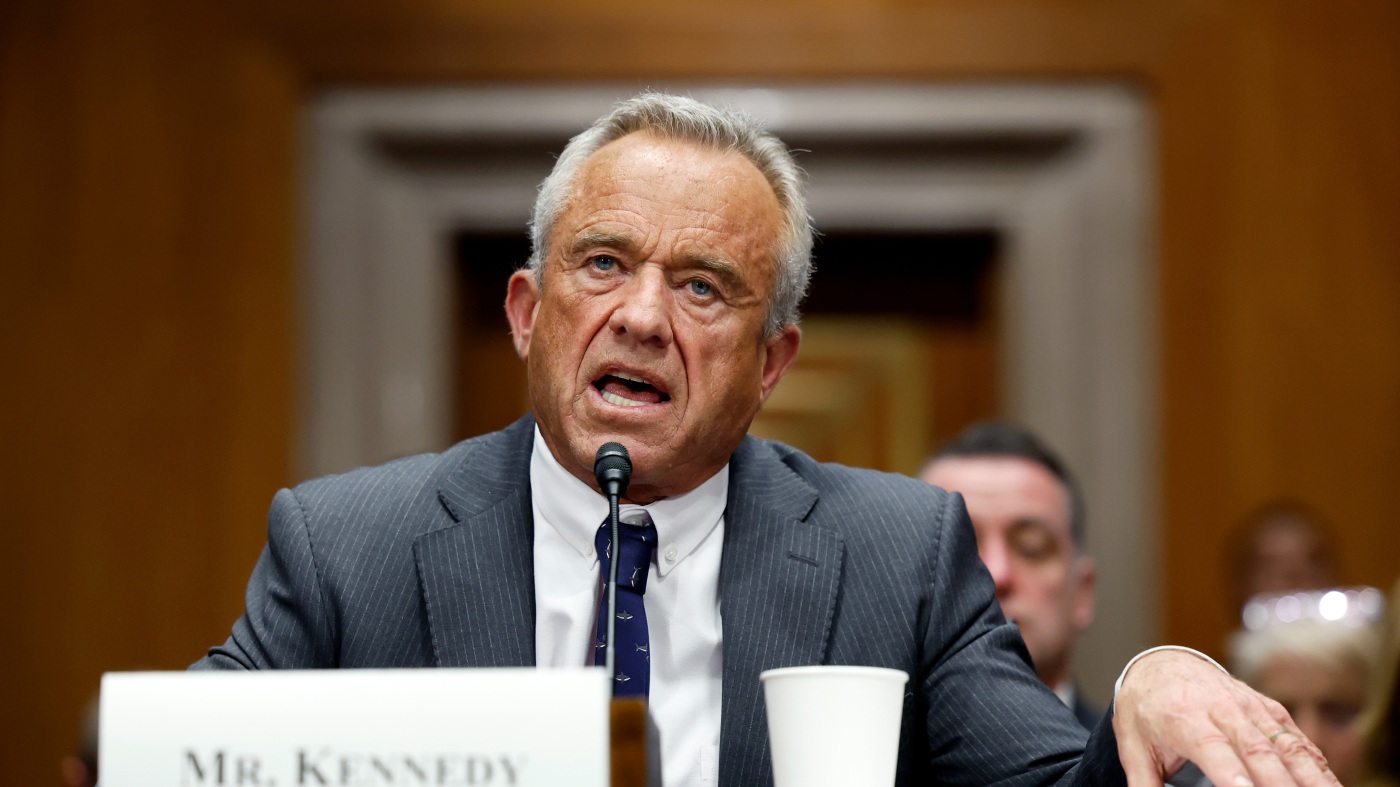RFK Jr. HHS Nomination: Senators Grill Pick on Vaccine Stance, Policy Knowledge Amid Confirmation Hearings
RFK Jr. HHS Nomination: Senators Grill Pick on Vaccine Stance, Policy Knowledge Amid Confirmation Hearings

Robert F. Kennedy Jr., President Trump’s controversial choice to lead the Department of Health and Human Services (HHS), faced intense scrutiny on Thursday during his second day of Senate confirmation hearings. Senators from both sides of the aisle pressed Kennedy on his long history of questioning vaccine safety and his grasp of critical health policy.
The central focus of the Senate HELP (Health, Education, Labor, and Pensions) Committee hearing was Kennedy’s well-documented skepticism about vaccines. While Kennedy called for a return to “gold standard science” and claimed he would support vaccines with sufficient data, he repeatedly deflected when presented with scientific consensus, citing unfamiliarity or reasons to doubt established research.
Sen. Bill Cassidy (R-La.), a physician and chairman of the committee, expressed a “dilemma” regarding his support for Kennedy, highlighting personal experiences treating patients with vaccine-preventable diseases. Cassidy challenged Kennedy on his decades-long anti-vaccine activism, questioning whether a nominee with significant financial ties to anti-vaccine efforts could genuinely shift his stance in such a crucial role.
Several Republican senators, including Sen. Tom Tuberville (R-Ala.) and Sen. Rand Paul (R-Ky.), appeared more receptive to Kennedy’s views. However, Democrats pushed back forcefully. Sen. Maggie Hassan (D-N.H.) delivered an emotional testimony about her son’s cerebral palsy, urging Kennedy to cease sowing doubt about settled science. Sen. Angela Alsobrooks (D-Md.) confronted Kennedy on past racially charged comments regarding vaccine schedules for Black individuals, calling his remarks “dangerous.”
Beyond vaccines, Kennedy struggled to demonstrate a firm understanding of fundamental health policies, including Medicare and Medicaid, which he would oversee as HHS Secretary. He also faced questions about various unsubstantiated claims, including those linking Wi-Fi to cancer and controversial theories about AIDS and Lyme disease. Kennedy’s performance left many senators questioning his suitability for a position that would significantly influence U.S. health care policy.
Disclaimer: This content is aggregated from public sources online. Please verify information independently. If you believe your rights have been infringed, contact us for removal.